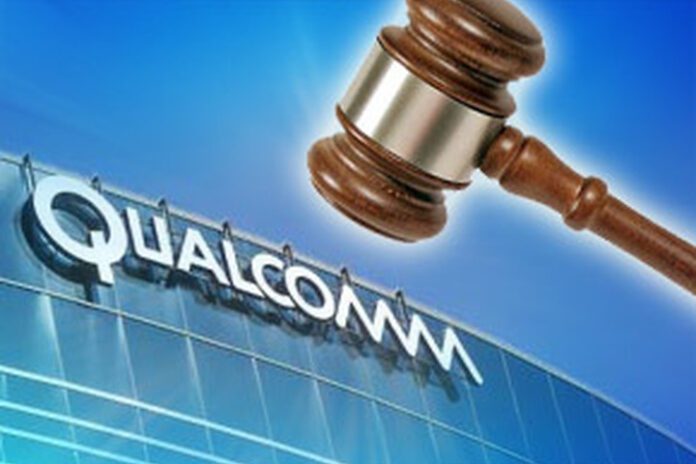Qualcomm officials are taking another swing at Apple in the companies’ ongoing and wide-ranging legal dispute by accusing the device maker of stealing trade secrets from Qualcomm and giving them to Intel to help the chip vendor boost the performance of its processors.
The allegations reportedly were made in a superior court filing in California, which Qualcomm officials are asking to be added to a lawsuit against Apple that was filed late last year. In the new filing submitted Sept. 25, Qualcomm officials said that for the past several years, Apple engineers have stolen the chip maker’s software and such confidential information as source codes and provided them to Intel engineers with the goal of improving the performance of Intel chipsets used in Apple iPhones.
Qualcomm officials claim in the filing that Apple has engaged in a “years-long campaign of false promises, stealth, and subterfuge designed to steal Qualcomm’s confidential information and trade secrets for the purpose of improving the performance and accelerating the time to market of lower-quality modem chips, including those developed by Intel. Apple used that stolen technology to divert Qualcomm’s Apple-based business to Intel.”
The filing reportedly lacked direct evidence to support the claims, though officials point to emails sent between Apple and Intel engineers. In a statement to CNBC, Qualcomm General Counsel Donald Rosenberg said that the “unlawful use of Qualcomm’s valuable trade secrets to try to help a competitor catch up irreparably harms us and must not be allowed to continue.”
Apple and Qualcomm for several years had been close partners, with Apple using Qualcomm’s wireless modem chips in its iPhones. Such chips are used to connect the device to wireless networks. However, Apple officials at the beginning of 2017 sued Qualcomm, claiming the chip maker was charging excessive royalties for the use of its technologies. Apple refused to have its suppliers pay the royalties, touching off a legal dispute that now has its fingers in many parts of the world.
Apple has since switched to Intel as its modem supplier for newer versions of the iPhone.
Qualcomm has filed its own lawsuits against Apple and has attempted to have iPhones using Intel modems banned from being imported into the United States and China. In November 2017, Qualcomm filed a lawsuit accusing Apple of violating an agreement it signed with Qualcomm earlier in the decade when it first began using the vendor’s chips in the iPhone. According to Qualcomm officials, Apple had agreed to let Qualcomm prove at certain times that the Qualcomm technology being used was properly protected.
It reportedly was during the discovery phase of that lawsuit that Qualcomm officials said they found evidence that Apple was stealing the confidential information and trade secrets and giving them to Intel engineers.
The trial reportedly is on track for April 2019. In a conference call in July to discuss the company’s quarterly earnings, Alexander Rogers, executive vice president at Qualcomm and president of its technology licensing business, told financial analysts that “we’re on the same schedule we’ve laid out over the last several quarters.”
“We continue to talk,” Rogers said, according to a transcript on Seeking Alpha. “We also have a number of legal strategies that are in flight. They’re further in flight than they were the last time we spoke. And we hope that through the combination of either of those paths, we could get to a resolution, and we’re confident that we will.”
Both companies have a lot to fight for. The iPhone continues to be a foundation of Apple’s business—it sold almost 216.2 million of the devices in its fiscal year 2017—in a highly competitive market that also includes such heavyweights as Samsung. For Qualcomm, the ongoing legal battle with Apple puts a strain on its finances and has been one of several challenges the company has had to address over the past several years.
Qualcomm also has been under investigations and received fines from regulators in multiple countries for how it operates its licensing business. The company is undergoing a program to cut $1 billion in expenses, and it spent time and effort late last year and into the beginning of this year warding off a $124 billion hostile bid by rival Broadcom.
